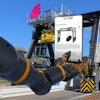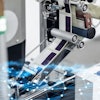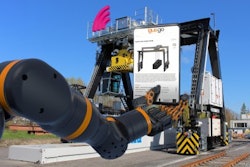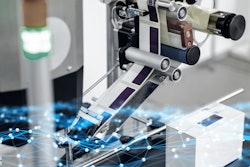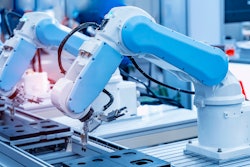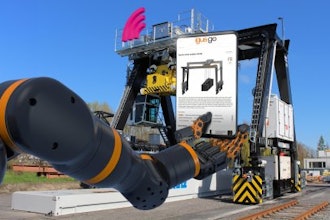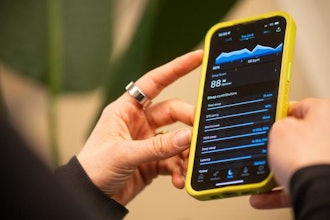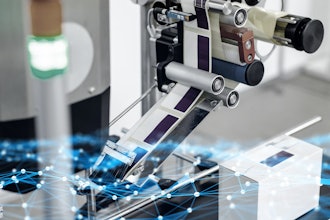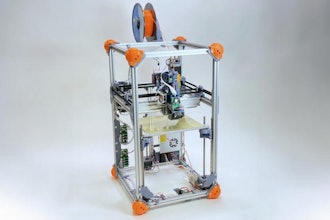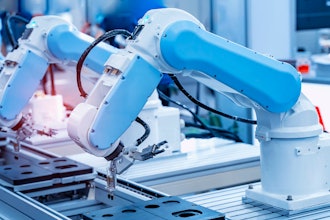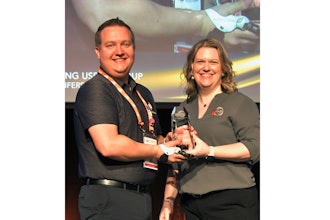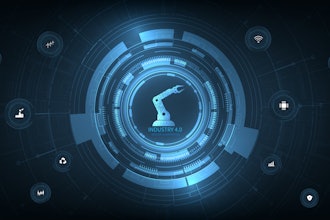William Lee invented a stocking frame knitting machine in 1589. After traveling to London to present his invention to Queen Elizabeth I, she responded, “Thou aimest high, Master Lee. Consider thou what the invention could do to my poor subjects. It would assuredly bring to them ruin by depriving them of employment, thus making them beggars.” The Queen denied him the patent. Why? Because job security is not a new concern.
Carl Benedikt Frey and Michael A. Osborne cite this interaction in their paper, The Future of Employment: How Susceptible Are Jobs to Computerization?
The paper was motivated by John Maynard Keynes’s “widespread technological unemployment” prediction, which was made as far back as 1933 (not to mention the Queen’s concerns 344 years prior).
In the paper, the researchers examine the “expected impacts of future computerization on US labor market outcomes, with the primary objective of analyzing the number of jobs at risk and the relationship between an occupation’s probability of computerization, wages and educational attainment.”
The researchers estimated that about 47% of the U.S. workforce was at risk.
Published in 2013, the paper cites recent advances in machine learning and mobile robotics. With two years passed (and technology advancing) the numbers may not be as accurate, but they can still serve as a prediction for the future (just as Keynes’ comments in 1933 still remain applicable).
The paper estimated the probability of 702 occupations’ potential for robot take-over using the Gaussian process classifer, which was developed in the ‘70s and popularized by the machine learning community. It is a nonparametric classification method.
Researchers scored the jobs on nine traits. The four deemed the most important, include:
- Do you need to come up with clever solutions?
- Are you required to personally help others?
- Does your job require you to squeeze into small space?
- Does your job require negotiation?
NPR recently published a definitive guide created with data provided by the authors. The handy drop down menu lets you quickly view your job’s potential for being taken over by a robot. For engineers, here are your numbers:
- Aerospace engineers: 1.7%
- Chemical engineers: 1.7%
- Mechanical engineers: 1.1%
- Civil engineers: 1.9%
- Electrical engineers: 10.2%
- Computer hardware engineers: 22.5%
According to the report, most difficult job for a robot is a mental health and substance abuse social worker.
Not surprisingly, the easiest job (one that is already automated) is telemarketing. While I find this terribly annoying, I feel better about hanging up on a machine.
To read Frey and Osborne’s paper in its (72 page) entirety, visit www.oxfordmartin.ox.ac.uk/downloads/academic/The_Future_of_Employment.pdf.
What are your thoughts on these numbers? What jobs can/will robots takeover? Comment below or tweet me @melfass.
